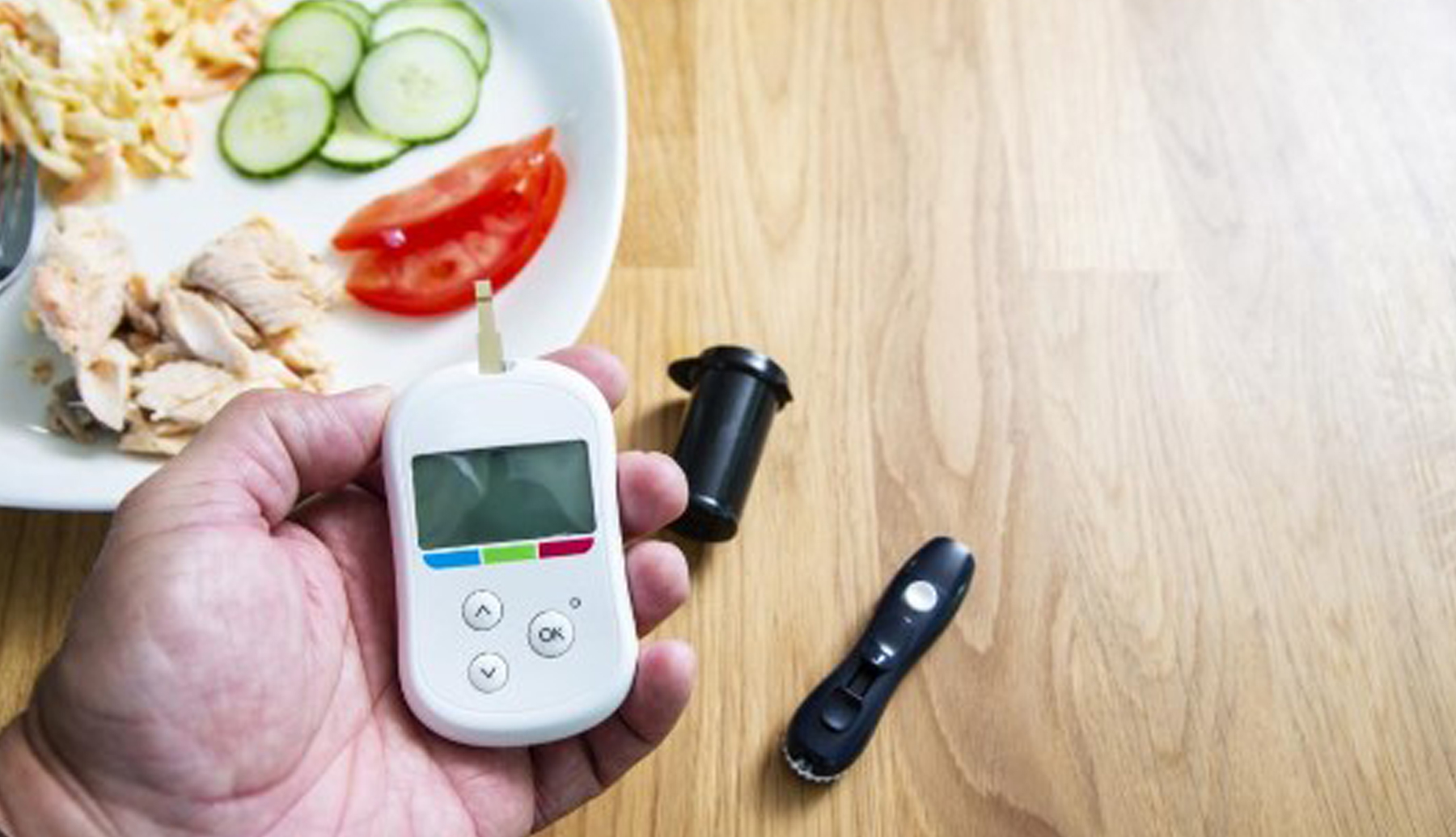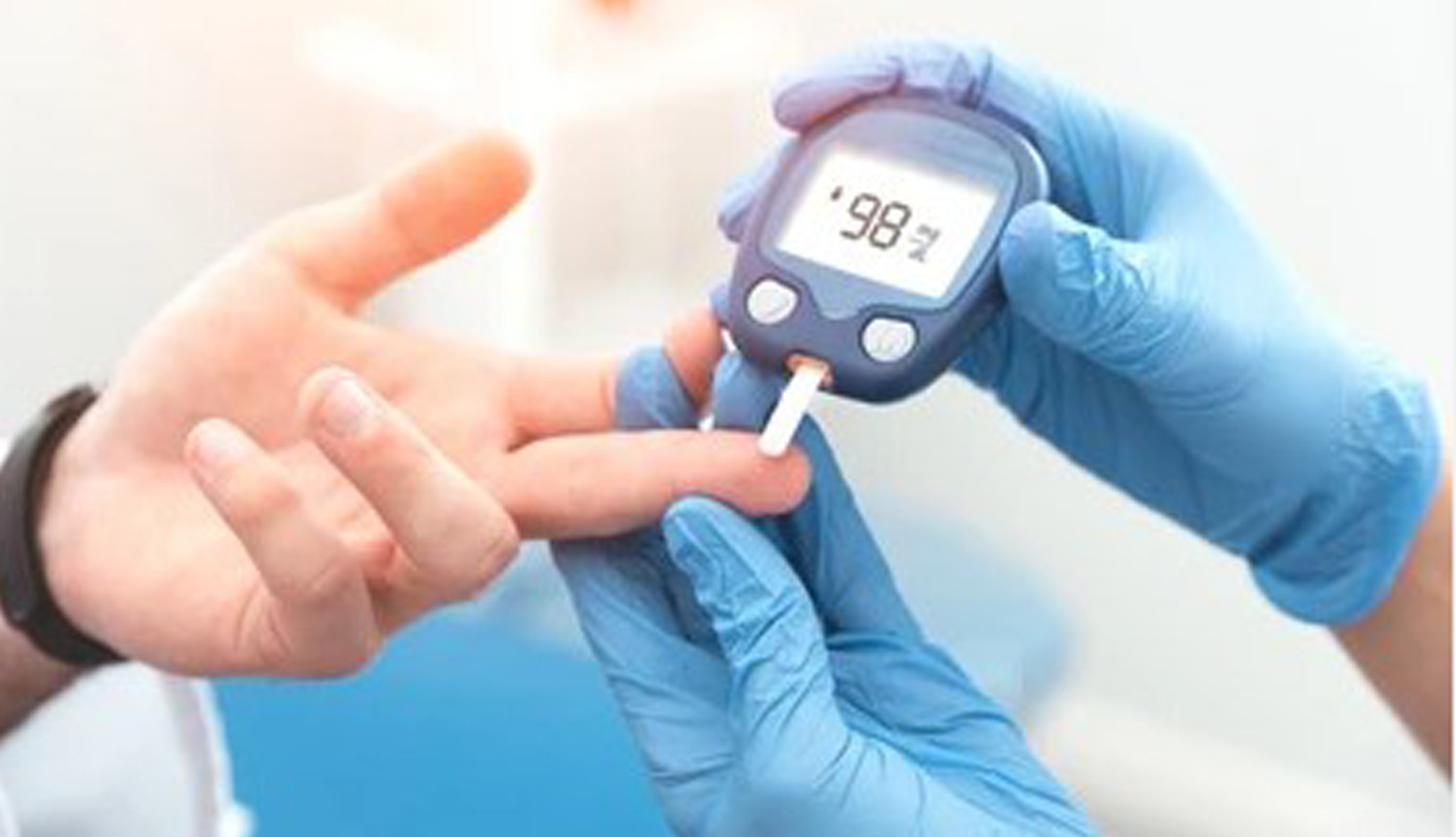Reversing Diabetes: Understanding and Achieving Remission in Type II Diabetes
by Dr. Jason Kwok
 You can listen to an audible version of this article.
You can listen to an audible version of this article.
Type II diabetes is traditionally thought of as a chronic and progressive disease that affects patients for their entire lives. However, more and more research is showing that, although there is currently no cure for diabetes, it can be controlled and even reversed, with patients entering a state of "remission."
Most diabetes patients have Type II diabetes, which is caused by the pancreas not producing enough insulin or the body not effectively using insulin. It commonly occurs in adults but is increasingly being diagnosed in children. Studies have shown that some Type II diabetes patients can have normal insulin production and usage through appropriate guidance, healthy lifestyle changes and treatment, even after stopping medication. This is known as "remission" in the medical field.
(a.) "Complete remission" is achieved when blood sugar and hemoglobin A1c levels remain normal for over a year after stopping medication. Even in complete remission, patients should still have regular check-ups to monitor blood sugar, blood pressure, cholesterol, and eye, kidney and heart and foot health.
(b.) "Prolonged remission" is when blood sugar and hemoglobin A1c levels remain normal for more than five years after stopping medication.

Remission of diabetes is more common in the early stages of Type II diabetes, when the body still has the ability to produce enough insulin. It is less common in the later stages of diabetes, as the body gradually loses the ability to produce insulin. Currently, there is no way to predict which patients will be able to reverse their diabetes, and even with the same approach, some patients are able to achieve remission while others are not. Researchers have not yet identified the reason for this. When a diabetes patient enters remission, symptoms also disappear, but the risk of relapse is higher than for normal people. Therefore, patients should still maintain a healthy lifestyle to keep blood sugar and hemoglobin A1c levels normal, like all diabetes patients.
For most early stage diabetes patients, a healthy lifestyle is enough to control blood sugar levels, including weight loss (if overweight or obese), healthy eating habits, and regular exercise. In recent years, researchers have found that actively losing weight (whether through a very low-calorie diet or weight loss surgery) can return blood sugar levels to normal and maintain them without medication. However, a weight loss of 10-15% or 10-15 kg is required to achieve remission, and about 75% of obese diabetes patients can enter remission with a weight loss of 15 kg. Additionally, even if blood sugar levels do not return to normal, weight loss still has many other health benefits. Some patients may also need to take oral diabetes medication to control blood sugar levels and inject insulin before bed to allow the pancreas to rest and recover. This "intensive treatment" regimen has a higher chance of achieving remission, but may need to be repeated every few years.

Controlling diabetes involves maintaining blood sugar levels within target ranges. Some patients may enter remission, while others may not. Regardless, adopting healthy lifestyle habits that benefit diabetes is important, including:
(a.) Eating a varied and balanced diet, not believing in unscientific information and eating indiscriminately.
(b.) Paying attention to the types and amounts of carbohydrates consumed, and trying to spread carbohydrate intake out throughout the day.
(c.) Regular physical exercise.
(d.) Regular check-ups and measuring blood sugar, hemoglobin A1c, cholesterol and blood pressure.








